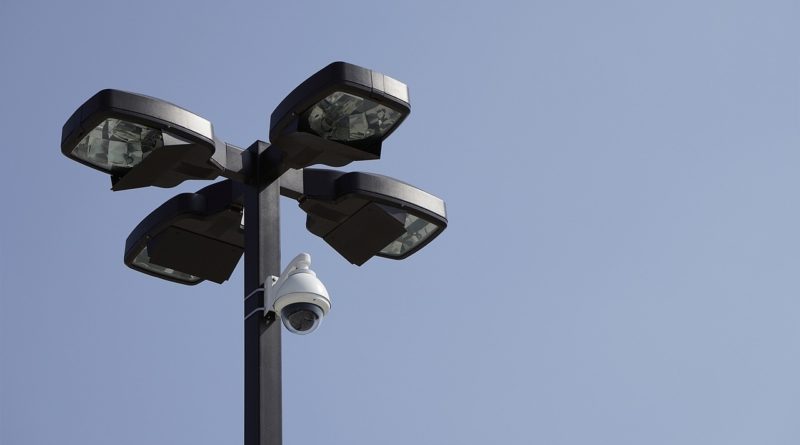Video Surveillance: Pros and Cons for Businesses
Video surveillance for businesses is the use of video cameras and other recording devices to monitor a business’s premises, staff, or customers. It is typically used as a security measure to deter criminal activity and increase awareness of what is happening in the area. Businesses can use video surveillance to monitor employee productivity, identify potential threats, and protect against liability.
What are the pros of video surveillance for businesses?
1. Increased Security
Video surveillance can help protect businesses from theft, vandalism, and other criminal activity by offering a visual deterrent to potential perpetrators and allowing for easier identification of suspects in the event of a crime.
2. Monitor Employee Productivity
For businesses that have multiple employees or workers, video surveillance can be used to monitor employee productivity and ensure that employees are not wasting time or taking advantage of company resources.
3. Facilitate Remote Surveillance
Modern IP-enabled video surveillance systems allow businesses to access live feeds from cameras remotely, making it easier for business owners to keep an eye on their property even when they’re away.
4. Reduce Liability
Video surveillance can help businesses protect themselves against liability in the event of an accident or other incident. Video evidence can be used to support a business’s claims and exonerate them from blame.
What are the cons of video surveillance for businesses?
1. Invasive
Video surveillance can be seen as overly invasive and a violation of employee privacy, which can lead to decreased morale among workers and a feeling that their rights are not being respected.
2. Expense
High-quality video surveillance systems can be expensive to install, maintain, and upgrade, especially for businesses with multiple locations that require a more extensive security setup.
3. False Sense of Security
Businesses should not rely solely on video surveillance for their security needs, as it cannot replace other security measures such as locks and alarms. Video footage can also be easily manipulated or deleted, making it less reliable than other forms of evidence. Additionally, video surveillance may not prevent crimes from happening in the first place.
4. Data Storage Issues
Businesses that utilize video surveillance must also manage the data they collect and store, which can be a time-consuming process. Additionally, improperly stored or managed data could end up in the wrong hands.
Hire a Professional
Businesses should always consult with a professional security expert to make sure that the video surveillance system they choose is appropriate for their needs and compliant with local laws and regulations. Additionally, working with a professional will ensure that the cameras are correctly installed and configured for optimal performance.
It is important that businesses weigh the pros and cons of video surveillance before making a decision, as it can have both positive and negative implications for security. In some cases, businesses may decide to invest in other forms of security such as locks and alarms instead of relying solely on video surveillance. In any case, businesses should ensure that they have a comprehensive security system in place to protect their property and personnel.



